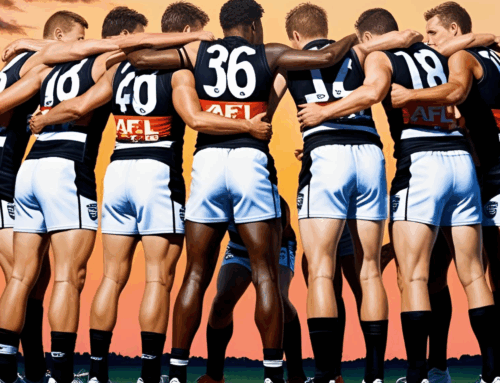When you google Millennials or Gen Y the plethora of information and literature that is available is astonishing. Poor Millennials have been copping a bashing for a while now and most literature provides tips on how to manage pesky Millennials as they are often labelled as lazy, entitled and hard to engage and inspire.
But the landscape is changing, Millennials now make up a large proportion of the workforce and by 2030 75% of the workforce will be Millennials. And as more and more Baby Boomers retire, more and more Millennials are beginning to take on leadership roles.
So what are some of the problems that will be faced by Millennials as Leaders and Managers? The most obvious challenge is the fact that Millennials (unlike other generations) are going to be required to manage a multitude of employees who are older than them. And therein lies the problem.
Leadership traditionally is given to the grey-haired army, those with all the experience and wisdom, the people you can “trust” to lead and manage the business to success. But as the old guard leaves en mass, the Millennial’s are already starting to rise within the leadership ranks. So how are Millennials going to lead? How are their key values and traits going to play out in the workplace when they transition from employee to leader?
Well let us consider some key characteristics of Gen Y’s or Millennials. Bernard Salt of KPMG describes “This group as the teenagers and 20 somethings of our society there is even a handful of early thirties who belong to this group. Millennials are the children of the Baby Boomer generation. They come from small families. Where as Baby Boomers came from families of 4,5 & 6, Millennials are one of two children or only children. This means that whilst Baby Boomers had to wait their turn and wear hand me down clothes, Gen Y’s were often spoiled and indulged. Baby Boomers came from families where only one parent worked so money was tight, Gen Y’s parents often both worked meaning more disposable income.
The other unique characteristics of Millennials is that they are the most educated, digitally connected and most widely travelled generation in history. Because of this they have a high predisposition for entrepreneurship. They are not committed to marriage, career or children in their early 20’s and are therefore much more likely to want to have a go at starting a business.” Says Salt.
In fact according to a survey conducted by REST Industry Super in 2016, more than a third of Australians aged 18-34 can see themselves owning their own business.
The survey of 1000 young Aussies delved into their attitudes towards business, property ownership and retirement also found 59 percent are willing to take a pay cut to work in a field they’re more passionate about.
So, what are the characteristics of entrepreneurial leaders? Entrepreneurs (according to Business Dictionary) possess the capacity and willingness to develop, organise and manage a business venture along with any risks in order to make a profit. Entrepreneurial spirit is characterized by innovation and risk-taking, and is an essential part of a nation’s ability to succeed in an ever changing and increasingly competitive global marketplace.
So based on this the Millennial style of management will be characterised by the following:
- Pushing boundaries
- Tech driven and Tech savvy
- Fast paced
- Risk taking
- Passion & purpose
- Flexible
- Inclusive
- Customer centric
So what is the wash up? Well its not all bad! The biggest challenge is going to be how much our organisations invest in training the Millennials on how to manage Gen X and Baby Boomers. So the focus will need to shift if this new generation are going to be successful.
Read more: http://www.businessdictionary.com/definition/entrepreneurship.html
Continue Reading
Get a personal consultation.
Call us today at 1300 959 560.
Here in HR Gurus. We make HR simple because it should be.





